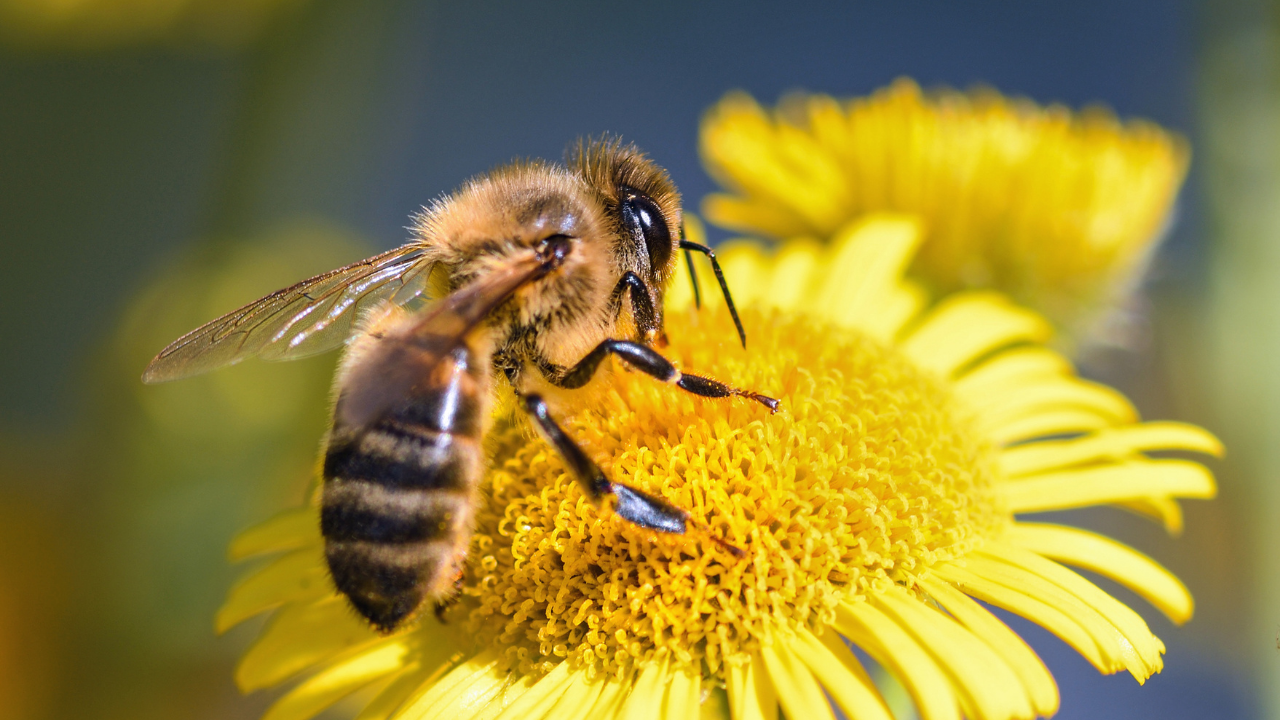Menopause Menu: Apitherapy For Menopause Symptoms
Jun 18, 2021
When you think of bees, what’s the first thing that comes to mind? Probably bee stings or honey, right? The healing powers of bee products are probably not one of the first things that will pop in your head, but maybe this article will change that. It turns out that there is an entire type of therapy based on bee products called apitherapy and some indications that it could be beneficial for the treatment of menopause symptoms.
Apitherapy (from the Latin api, meaning bee) uses bee products such as honey, bee pollen, propolis, royal jelly, and bee venom to treat various health conditions. Examples are headaches, skin rashes, and chronic inflammatory diseases such as rheumatoid arthritis and multiple sclerosis. In addition, recent research has focused on the potential benefit of bee venom and royal jelly on cancer and central nervous disorders such as Parkinson’s disease.
Apitherapy made some headlines recently when Dr. Ciara Duffy from the Harry Perkins Institute of Medical Research and The University of Western Australia had promising results using the venom from honeybees and bumblebees to destroy certain types of breast cancer cells.
The medicinal benefit of bee products has been a topic of interest for many years. Studies researching the possible use of bee products in alleviating menopause symptoms have indicated that "royal jelly and pollen could be interesting treatment options in cases of menopausal symptoms." It is important to note that research on the effects of apitherapy on menopausal symptoms is very scarce but promising. More studies are needed to evaluate its efficacy thoroughly.
Have you experienced any positive effects on menopause symptoms using bee products?
Note: I do want to acknowledge that there is a genuine concern over the harm that bees endure from unscrupulous industries, farmers, and people wanting to make a profit without providing a caring environment for bees. Sadly, that exists and that’s why I urge everyone interested in this type of therapy to always research where the products come from and the harvesting practices. Good beekeepers take many measures to ensure it is not a stressful activity for bees. Only support those.



